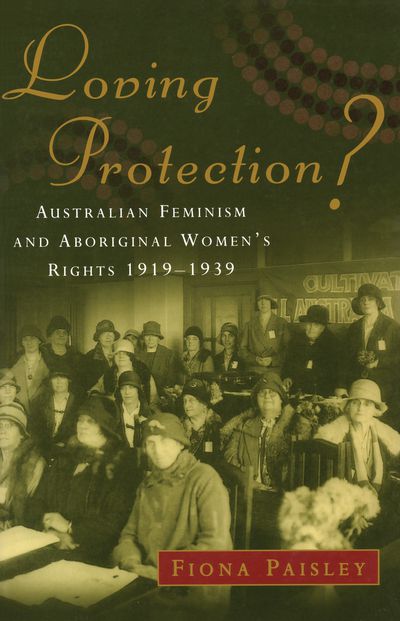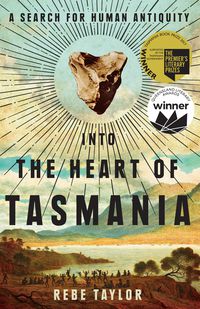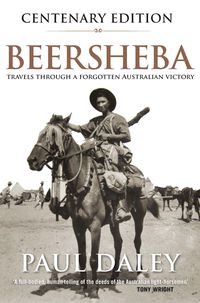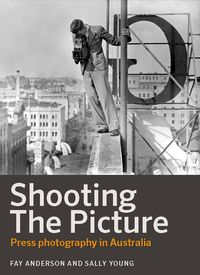Loving Protection?
Australian Feminism and Aboriginal Women's Rights 1919–1939
Loving Protection?
Australian Feminism and Aboriginal Women's Rights 1919–1939
In the 1920s and 1930s, there was a highly visible network of white women activists who vigorously promoted the rights of Australian Aboriginals.
In this little-known campaign—by middle-class women's organisations such as the Australian Federation of Women Voters—Anglo-Australian women, among them Bessie Rischbieth, Edith Jones, Constance Cooke and Mary Bennett, took to the world stage to expose the plight of Aboriginal women.
Their campaign made headline news, and Australian state and federal governments were shamed into action. One important outcome was the 1934 Royal Commission into Aboriginal Status and Conditions in Western Australia, at which white women activists presented compelling evidence of the need for reform in Aboriginal policy. These women strongly opposed assimilationist policies of the time such as child removal, institutionalisation and dispersal, promoting in their place assimilation based on universal and specific rights.
Loving Protection? breaks new ground, highlighting white women's challenges to federal Aboriginal policy, and…
In the 1920s and 1930s, there was a highly visible network of white women activists who vigorously promoted the rights of Australian Aboriginals.
In this little-known campaign—by middle-class women's organisations such as the Australian Federation of Women Voters—Anglo-Australian women, among them Bessie Rischbieth, Edith Jones, Constance Cooke and Mary Bennett, took to the world stage to expose the plight of Aboriginal women.
Their campaign made headline news, and Australian state and federal governments were shamed into action. One important outcome was the 1934 Royal Commission into Aboriginal Status and Conditions in Western Australia, at which white women activists presented compelling evidence of the need for reform in Aboriginal policy. These women strongly opposed assimilationist policies of the time such as child removal, institutionalisation and dispersal, promoting in their place assimilation based on universal and specific rights.
Loving Protection? breaks new ground, highlighting white women's challenges to federal Aboriginal policy, and their attempt to complement men in the running of modern Australia.






